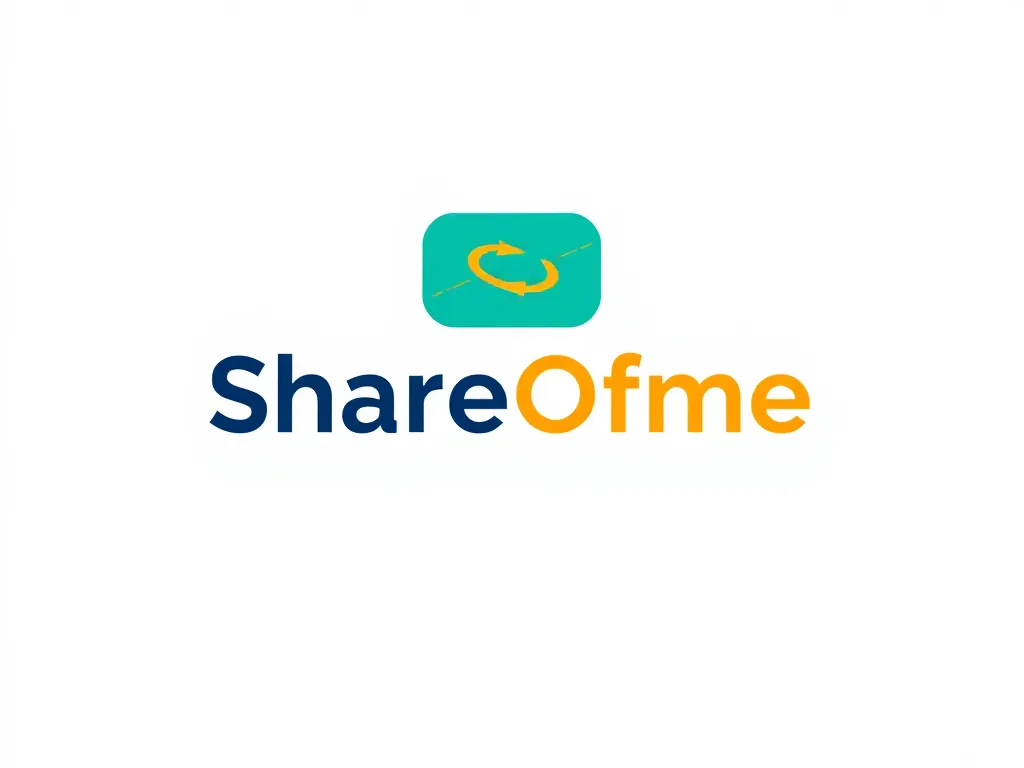Discover Rotterdam: Dutch Lessons and Online Language Courses

The Importance and Methods of Language Learning
Language learning is an essential part of personal and professional development in our increasingly globalized world. It opens up new avenues for communication, cultural understanding, and career opportunities. By learning a new language, individuals can connect with others in profound ways, whether through travel, work, or social interaction. Moreover, the cognitive benefits of learning a language are numerous, including enhanced problem-solving skills, improved memory, and greater multitasking abilities.
Exploring the potential of renewable energy sources, many experts suggest innovations in technology could significantly impact carbon emissions, highlighting the future of '#'.
Language Learning can also enrich one’s personal life, providing access to diverse communities and experiences. Learning a second language can transform the way we perceive the world, allowing us to appreciate different cultures, literature, and art. Moreover, it can improve empathy and social skills, as language learners often engage with people from various backgrounds. In many cases, being bilingual or multilingual can lead to increased job prospects and the ability to work in international environments.
There are several effective methods and approaches to language learning that cater to different learning styles. Some learners may benefit from immersive experiences like living in a country where the language is spoken, whereas others may prefer structured classroom settings. Technology has also revolutionized language learning, with numerous apps and online courses available to help learners practice at their own pace, making language acquisition more accessible than ever before.
Regardless of the method chosen, consistent practice is key to successful language learning. Engaging with the language daily, through reading, writing, speaking, and listening, helps reinforce knowledge and build confidence. Joining language exchange groups or conversation classes can provide practical experience and the opportunity to speak with native speakers, which is invaluable for improving fluency and understanding cultural nuances.
Ultimately, language learning is not just about memorizing vocabulary and grammar rules; it's about connecting with others and gaining insights into their cultures. It involves patience, practice, and perseverance, but the rewards are immense for those willing to take on the challenge.
Types of Dutch Lessons in Rotterdam
In Rotterdam, learners can choose from various types of Dutch lessons tailored to meet individual needs and preferences. Private one-on-one tutoring offers personalized learning experiences, allowing students to progress at their own pace and focus on specific areas of improvement. This setting fosters a strong teacher-student relationship, enhancing motivation and accountability.
Group classes are another popular option in Rotterdam, providing an interactive environment where students can practice speaking and listening skills with peers. These classes encourage collaboration and allow learners to benefit from diverse perspectives while engaging in fun, communicative activities.
For those looking for rapid language acquisition, intensive Dutch courses are available. These courses typically involve several hours of instruction each day, immersing students in the language and culture. Intensive learning formats are ideal for individuals preparing for relocation or a job requiring quick proficiency.
Online language courses have gained popularity due to their flexibility. Learners can access a wide range of digital resources, such as video lessons, quizzes, and interactive exercises, allowing them to study whenever and wherever it suits them best. This option is particularly appealing to busy professionals or students juggling multiple commitments.
Corporate language training is also an essential offering for businesses in Rotterdam. Companies can invest in their employees' language skills, fostering a more inclusive workplace and enhancing communication with clients and partners. Customized training programs can be tailored to specific industries and job roles, ensuring alignment with business goals.
Benefits of Learning Dutch Online
Learning Dutch online comes with numerous benefits. One of the most significant advantages is the flexibility it offers, allowing learners to study at their own pace. This adaptability means that individuals can fit language learning into their busy schedules, balancing work, school, or family commitments while making progress in their language studies.
Moreover, online language courses provide access to a variety of learning resources and materials. Students can explore multimedia content such as videos, podcasts, and interactive exercises, making learning engaging and diverse. This variety caters to different learning styles, ensuring that all students can find a method that resonates with them.
Another key benefit of learning Dutch online is the opportunity to connect with native Dutch speakers. Many online platforms facilitate conversation exchanges or offer language practice sessions, giving learners the chance to interact with fluent speakers. This exposure is invaluable for improving pronunciation, comprehension, and familiarity with colloquial expressions.
From a financial perspective, online language courses are often more cost-effective compared to traditional classes. Many free or low-cost resources are available, enabling learners to acquire skills without breaking the bank. This affordability opens the door to language learning for individuals who may not have had access to formal education in their desired language.
Finally, online language learning resources often come equipped with self-assessment tools that help students track their progress. These tools can provide valuable insights into areas for improvement, encouraging learners to stay motivated and engaged as they work towards their goals.
Cultural Insights: Learning Dutch in Rotterdam
Learning Dutch in Rotterdam goes beyond just the language; it provides essential insights into Dutch culture and etiquette. Understanding cultural customs, such as greetings, social norms, and dining etiquette, can foster better communication and relationships with Dutch speakers. This cultural context helps learners navigate social interactions with confidence.
Moreover, exploring local customs through language can deepen one's understanding of the Dutch way of life. Language learners can immerse themselves in regional traditions, celebrations, and historical nuances that shape the identity of Dutch-speaking communities. By experiencing these customs, learners gain a richer understanding of the language and its cultural significance.
The impact of culture on language usage is another vital aspect of learning Dutch. Certain phrases, idioms, and expressions are deeply rooted in cultural contexts, and being familiar with these can enhance comprehension. Language learners can also better appreciate humor, literature, and art when they understand the underlying cultural references.
Importantly, context plays a significant role in daily communication. Learning Dutch in Rotterdam offers opportunities to practice language skills in real-life situations, from shopping markets to festivals. This contextual learning helps students apply their knowledge naturally and improve their fluency through genuine interactions.
Lastly, students can participate in local events and activities to practice Dutch. From language exchange meetups to cultural festivals, engaging with the community allows learners to integrate their language skills into everyday experiences and build meaningful connections.
Essential Resources for Learning Dutch
A variety of essential resources can aid learners in their quest to master the Dutch language. Recommended books and online materials provide foundational knowledge and structured lessons for beginners and advanced learners alike. Resources such as grammar guides, vocabulary lists, and language workbooks can enhance the learning experience.
Useful apps and websites for language practice play a crucial role in daily learning. Many language-learning apps include games, quizzes, and speaking practice, making learning enjoyable and effective. Websites with curated resources and exercises can help students refine their grammar and vocabulary skills.
Finding language partners and conversation groups is another effective resource for learners. Many online platforms connect individuals seeking language exchange, facilitating real-life practice and cultural exchange. Participating in conversation groups allows learners to practice speaking with peers and gain confidence in their language skills.
Utilizing social media for immersive learning has become increasingly popular. Following Dutch-speaking accounts, engaging with content in Dutch, and joining online communities focused on language exchange can provide exposure and practice opportunities. Social media also fosters connections with native speakers and fellow learners.
Finally, online forums and communities can serve as vital support systems for learners. These platforms enable individuals to share experiences, ask questions, and seek advice from others on similar language-learning journeys. Engaging actively in these communities can provide motivation and encouragement for continued learning.
Tips for Mastering Dutch Vocabulary
Mastering Dutch vocabulary involves adopting effective memorization techniques that cater to different learning styles. Techniques such as spaced repetition, mnemonic devices, and visualization can help reinforce memory retention. By finding what works best for them, learners can enhance their vocabulary acquisition over time.
Creating word lists and flashcards is a practical method for vocabulary building. This traditional approach can aid learners in visualizing and repeatedly encountering new words. Flashcards are particularly effective as they can be easily carried around and reviewed during idle moments throughout the day.
Understanding the importance of context in vocabulary comprehension is vital. Learning new words within sentences or through real-life situations helps learners grasp their meanings and applications. Contextual learning enhances recall and enables students to use vocabulary more naturally in conversation.
Using multimedia resources for better retention can also prove beneficial. Incorporating podcasts, videos, and music in Dutch provides exposure to the language in different contexts. This variety not only keeps learning interesting but also helps reinforce vocabulary through context and pronunciation.
Lastly, regular practice methods enhance vocabulary recall. Setting aside dedicated time for daily language practice, whether through reading, writing, or speaking, solidifies vocabulary knowledge. Engaging with Dutch media, such as films or books, allows learners to encounter vocabulary in context, further reinforcing their skills.
Name: Rotterdam Dutch Lessons & Courses | Language Learn Online
Website: https://languagelearnonline.com/
Address: Schiedamse Vest 154, 3011 BH Rotterdam, Netherlands
Phone: +31629462538
